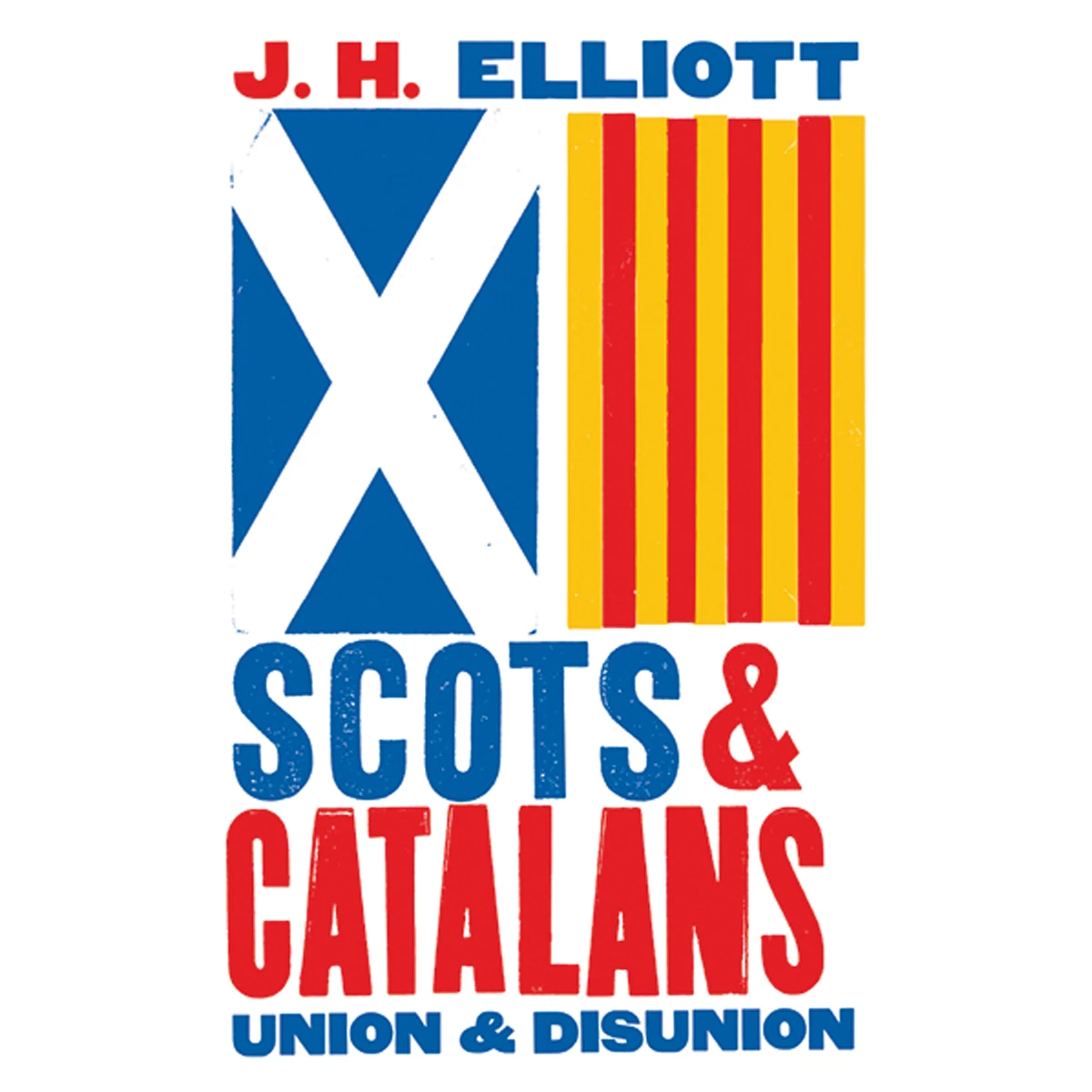
Tying up the histories of Catalonia and Scotland from the 15th century to the present, John Elliott has written a book that is both topical and timeless. It is comparative history in the most genuine way – like his studies of Richelieu and Olivares or of the Spanish and British empires – because he avoids alternating chapters of two different tales, choosing instead to braid them with each other and with Spanish, British, and European history in a single narrative; and it is current history because the eminent specialist in Spain’s Golden Age extends its scope all the way to the most recent vicisssitudes of Scottish separatism in the wake of Brexit and the Catalan procés after the temporary suspension of autonomy. Somehow it is also a lateral history of the ‘composite monarchies’ of Britain and Spain from a peripheral angle; and in its most recent chapters, it is equally a register of the sentimental democracy of our days.
Elliott quotes his admired Jaume Vicens Vives, who died too soon to culminate his efforts to strip Catalan history of mythology and victimism, giving the events in Catalonia an ironically essentialist interpretation in terms of seny and rauxa, and shows how fantasies, fake news, and false data can be inflated by social networks to mobilize large numbers of people in defense of causes of great emotional impact, making rauxa the trigger of populist tides receiving nourishment from the programs initiated by Jordi Pujol and from the harassment campaigns against critical voices.
The British historian chides Rajoy for following Philip II’s practice of ‘giving time to time,’ and also deplores the ambiguity of the socialists, but is convinced that “the prime responsibility for this tragic situation rests with part of the Catalan establishment,” which, ignoring the law, went along whatever the price. “A prosperous, friendly and outward-looking society, fully engaged with the rest of Spain and the world…turned inward and began to tear itself apart,” dividing families and opening wounds of misunderstanding and recrimination between unionists and secessionists. “Catalan nationalism, for all its smiling face, was unable to hide the ugliness that lay behind the smile.” With this sentence Elliott closes the final chapter, where he also points out the differences between Catalan secessionism and the Scottish one, which is described as stronger in historical base, political homogeneity, and respect for law.
The close relationship that the Professor Emeritus at Oxford has with Catalonia, which began in the early 1960s with his doctoral thesis, published as The Revolt of the Catalans, gives unquestionable authority to his account of events and his judgments on behaviors, circumstances, and causes. Admirably written (although John Robertson may be exaggerating when he says that “not since David Hume has a historian written English of such unforced elegance,” which would place John Elliott ahead of Edward Gibbon and Thomas Macaulay), solidly researched, and vigorously impartial, Scots & Catalans: Union & Disunion will be read by many who are interested in the contemporary crises, but its historical and intellectual worth far exceeds its circumstantial topicality, however much the latter makes it exceptionally pertinent.






